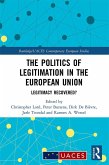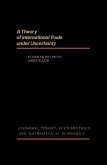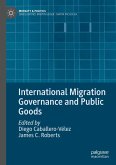Europe's Economic and Monetary Union (EMU) is in urgent need of reform. The Euro crisis has exposed this need in a dramatic and unprecedented fashion. Yet, crisis reactions on behalf of Eurozone policy-makers have been piecemeal and hesitant, instead of constituting effective reforms capable of remedying the weaknesses of the EMU's system of governance. This book, compiled by five scholars of the University of Hamburg, provides an in-depth analysis of the flaws of Eurozone governance by means of an innovative analytical framework based on fiscal federalism theory and game theory, further enriched by insights of theories of democratic legitimation. Its major focus is on understanding Eurozone governance as the provision of different types of public goods, each of which requires an adequate governmental structure. The study is enhanced by lessons from historical developments in currency unification in the US and in Canada which help to put the Eurozone's woes into perspective. On the whole, this book may serve as a comprehensive guide for policy-makers, scholars and all others interested in finding a long-term solution to preserving and stabilizing the Eurozone.
Dieser Download kann aus rechtlichen Gründen nur mit Rechnungsadresse in A, B, BG, CY, CZ, D, DK, EW, E, FIN, F, GR, HR, H, IRL, I, LT, L, LR, M, NL, PL, P, R, S, SLO, SK ausgeliefert werden.









